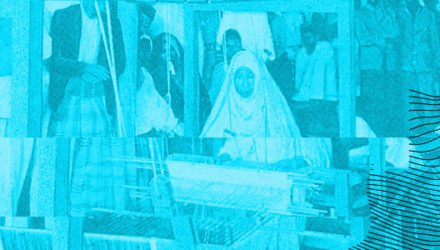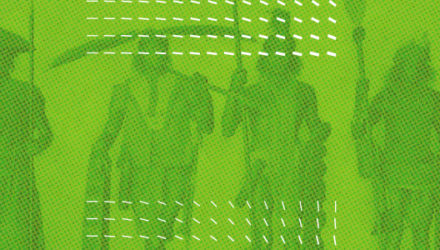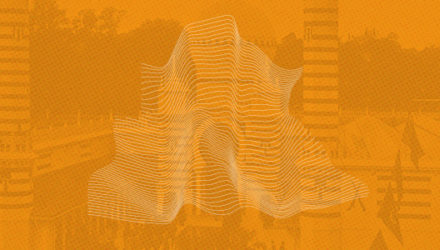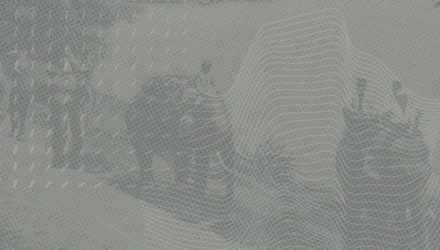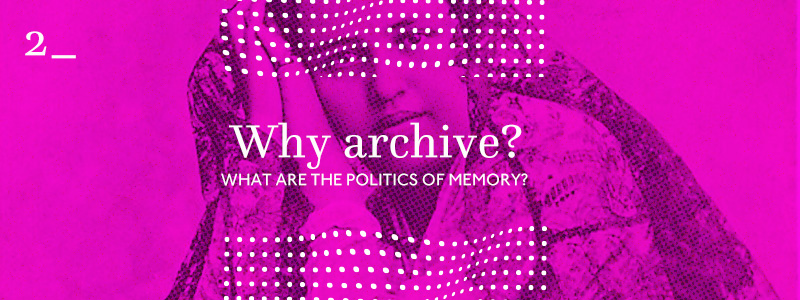
The act of calling a collection of things an archive, is a powerful one.
When we think of archives, we usually imagine formal institutions like national archives where official documents are stored as matters of great importance. They tell a certain story about whose accounts matter, and concentrate the power of “history” from a central perspective.
Reclaimed from the hands of state institutions, archives can be the unruly forms of memory that present multiple narratives to speak of what happened, who mattered, why and how we got here.
An archive can be seen as the body of history that makes up our collective memory about particular events or things. Archives are aware that the past is not fixed: history is constantly being shaped by the present.
Contemporary archival practices, from independent community archives to archives held by private institutions and universities have the potential to surface hidden stories, amplify what was muted and provide a thicker, more complex assemblage and (re)presentation of ourstories.
Some examples:
- The Gay and Lesbian Archive of South Africa, and the Czech Republic Society for Queer Memory are amongt several community archives that focus on the lives of LGBTIQ people who have been long been excluded from history.
- Both the Arab Image Foundation and the Indian Memory Project centres on photographs and images contributed by communities to trace the complex social and political histories of communities across time and migration.
- The Museum of Broken Relationships elevates objects and stories of breakups shared by people from parts of the world as telling a significant part of human societies.
- The Historical Retail Receipt Archive by The Killaloe-Ballina History Society sees these documents as historically significant in trying to construct a picture of everyday commerce in the town.
When we choose who and how we remember, we are also making a political choice about what matters. The practice of archiving reclaims the power of shaping history.
DIY ARCHIVE KIT
01 WHAT IS AN ARCHIVE?
What does or doesn’t count as an archive?
02 WHY ARCHIVE?
What are the politics of memory?
03 HOW WILL THE ARCHIVE BE ORGANISED?
What structures of power and knowledge are embedded in the work of arranging and categorisation?
04 SHARING YOUR ARCHIVE
Who has access to your archive? How would you like others to interact with your archive?
FURTHER RESOURCES
List of resources and further readings.


